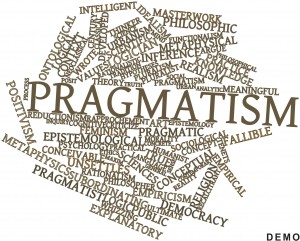 Pragmatics is a subfield of linguistics and semiotics that studies the ways in which context contributes to meaning. Pragmatics encompasses speech act theory, conversational implicature, talk in interaction and other approaches to language behavior in philosophy, sociology, linguistics and anthropology.
Pragmatics is a subfield of linguistics and semiotics that studies the ways in which context contributes to meaning. Pragmatics encompasses speech act theory, conversational implicature, talk in interaction and other approaches to language behavior in philosophy, sociology, linguistics and anthropology.
Pragmatic Language is social language used in everyday interactions.
It includes the words we use in communication with each other as well as the ways in which we use those words, as well as the non verbal expressions and gestures we use. Pragmatic Language involves being able to discern which behaviors are appropriate for communication in social settings.
At “Speech Therapy Services” we offer Speech and Language Evaluations and Pragmatic Language Evaluations.
Pragmatics involve three major communication skills:
* Using language for different purposes
* Following rules for conversations and storytelling
* Changing language according to the needs of a listener or situation
Children who experience challenges in building social relationships with their peers, social problem solving, starting, continuing or ending conversations and maintaining or changing a topic will very likely find our programs to be of great benefit.
Our SLP can work with your child to teach them these social language skills so that they can more appropriately participate in conversations with others.
Someone may correctly express words and easily use long, complex sentences with correct grammar and still have a problem with communication – if they have not mastered the rules for social language known as pragmatics. If an adult has experienced a brain injury or stroke, they may have difficulty with pragmatics.
As children develop, it’s not uncommon for them to experience pragmatic problems in a few situations. If the problems persist and appear to be age inappropriate,, a pragmatic disorder may exist. Contact us for more information at (561) 123-1234
